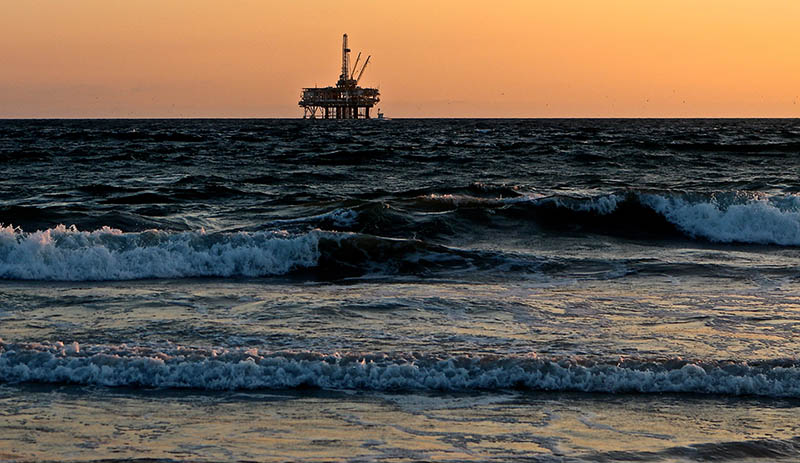January 23, 2022

A Mizzou Engineer is one of six scientists from across the country selected for an Early-Career Research Fellowship (ECRF), the Gulf Research Program of the National Academies of Sciences, Engineering and Medicine announced last week. Specifically, Binbin Wang will work with the Offshore Energy Safety track of the program, contributing to the advancement of safer, more reliable and more efficient offshore energy operations in the U.S. Gulf of Mexico.

Wang is an assistant professor of civil and environmental engineering who is studying various particle-flows in turbulence including the fluid systems in the Gulf. As part of the Fellowship, he will continue to investigate the dynamics of underwater gas blowout from its orifice to the surface using laboratory modeling and experiments.
“With the applications of my fundamental research, this is a great opportunity for Missouri to be involved in national projects happening at the Gulf,” Wang said. “It’s an opportunity to bring to students’ attention some of the research and work happening in the Gulf and how we can still contribute even though Missouri is not surrounded by ocean water.”
Wang’s research area became a hot topic among non-scientists when the ocean caught on fire in July 2021. The “eye of the fire” — the center of the underwater blaze in the Gulf captured in video and images that went viral — was caused when lightning struck flammable hydrocarbon gas.
“That’s exactly the type of modeling we do in the lab,” Wang said. “Gas coming out from the pipeline was continuously providing a source that could be burned. The fire had temperatures high enough to keep going even under water. It was a disaster, but amazing in terms of physics.”
Predicting locations of future fire risks is just half of the story, though. Underwater gas also poses a hazard to offshore energy production because gas coming from oil spills or gas leaks is highly buoyant.
“The density with lots of gases mixed with water could be much lower than the density of typical ocean water. If there’s a vessel or ship getting too close when trying to put out a fire or conduct a rescue or even trying to clean up oil, there’s a possibility that the low-density area will sink the ship or vessel,” he said.
With the Fellowship, Wang plans to further his work for gas plumes, quantifying flow around gas bubbles using laser techniques and images of particles.
In the announcement of the Fellowships, the National Academies stressed that today’s offshore oil and gas personnel must be prepared for a variety of scenarios. The six Fellows will aim to understand, manage and reduce systemic risks to offshore energy production and transportation.
“Safe, reliable offshore operations will ensure the Gulf is a beacon of innovation, energy safety and economic opportunity,” said Karena Mary Mothershed, program head and senior program manager for the Gulf Research Program’s Board on Gulf Education and Engagement. “These exceptional Early-Career Research Fellows are working every day to pursue new research, technical capabilities and approaches that promote environmental stewardship and ensure the safety of hardworking crews offshore. We are incredibly excited to announce this cohort of Fellows and to continue supporting them as they take on some of the biggest challenges in the offshore energy sector.”